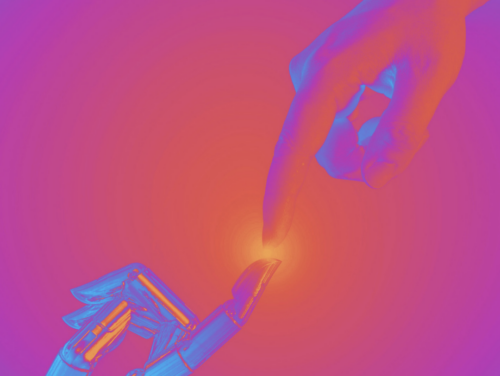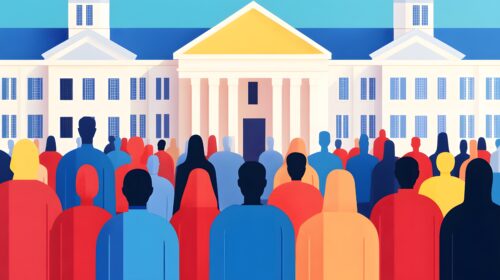
Commentary
Allen Lab Fellow Spotlight: Why a People-Centered Approach to American Democracy Matters Now
Allen Lab Policy Fellow Christine Slaughter makes the case that democracy must be understood through people’s lived experiences and agency, not just institutions.





